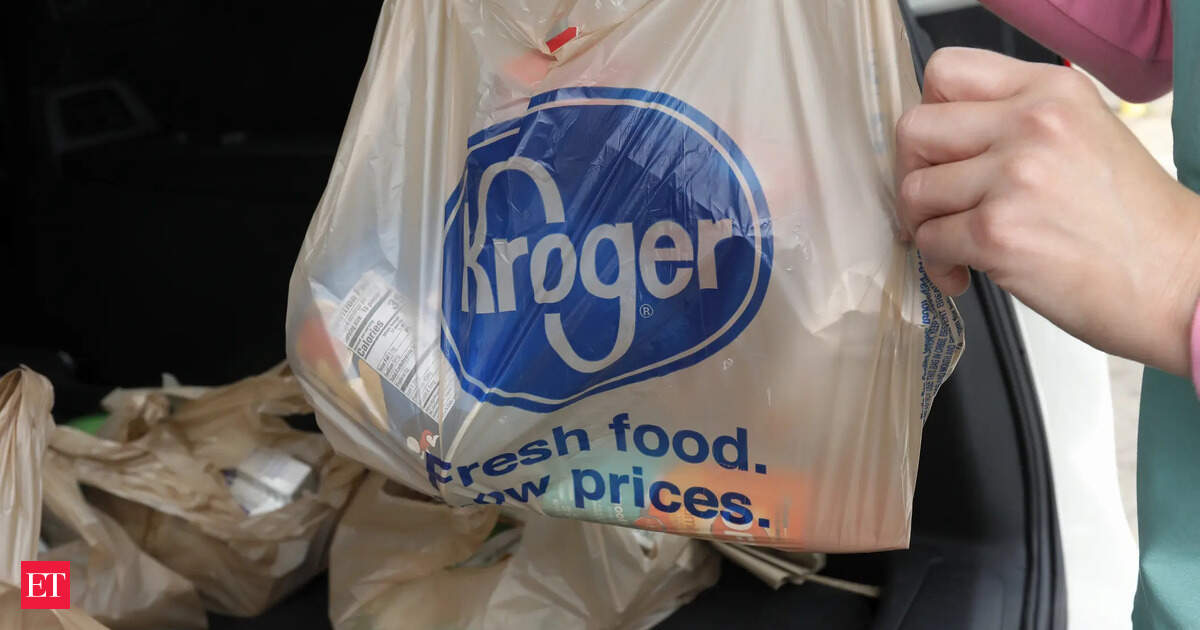Various industries, including retail, pharmaceuticals, food and beverage, health care, package delivery and more will announce layoffs in July. Though the number of employees to be laid off varies from company to company, it can be drastic at some firms such as Microsoft where between 1,000 and 2,500 workers are expected to lose their jobs in July.
Why are the layoffs being announced?
The United States economy is responding to governmental actions, including the imposition of widespread tariffs on countries worldwide and a decline in consumer sentiment. Layoffs may not directly correlate to the current economic climate, as some companies strive to maximize profits at the behest of the broader workforce. Others attempt to better fulfill demand, the report says.
The full list, based on WARN notices via WARNTracker.com, includes:
First Student
United States Cellular Corporation
LaCroix
HSN
Chevron
Berry Global
Primo Brands
UPS
Galion Pointe Nursing & Rehab
ABM Industries
Atco Rubber Products
Mortech Manufacturing Company
MedStar Mobile Healthcare
Barrette Outdoor Living
INOAC Exterior Systems
Unitek Learning Education Group
S&S Activewear
Atria Wealth Solutions
Starbucks
C&S Wholesale Grocers
Corteva
SSB Manufacturing Company
Google
FedEx
Lamps Plus
Surfair Mobility
American Institutes of Research
Amazon
Foot Locker
10x Genomics
Vigor Alaska
Kraton
L.A. Turbine
Air Distribution Technologies
Anthony International
CVS
College Success Foundation
Colosseum Athletics
Dufry by Avolta
Museum of Ice Cream
GroundGame Health
Reyes Coca-Cola Bottling
Lakeshore Learning Materials
Frito-Lay
Genentech
Island Peer Review Org
Eagle Healthcare
Technology Partner
Wells Fargo
Mulligan Security
TransAxle
Truvant North America
Collins Aerospace
PMAB-5
Revlon Consumer Products
Navitor
WIOSS Atlanta
Lewis Tree Service
F&S Produce West
Six Flags Entertainment Corporation
Pivot Bio
Tend Exchange Subsidiary/Delaware Tender Staffing
Eikon Therapeutics
Coronado Stone Products
Silgan Containers Manufacturing Corporation
Allergan Aesthetics
Panera
Main Street Manor
Waste Harmonics Keter
Globe Motors
Crothall Healthcare
Morrison Healthcare
NFI Industries
Tom Thumb Store
Advanced Pressure Technology
Virginia Mason Franciscan Health Virtual Services
End of Sandwich Tavern Restaurant
Remote Workers
Powin
All-Rite Leasing
RTX
Summit BHC New Jersey
GEODIS
Menzies Aviation
Jai’s
GTM Discount General Store
Bridgestone Tires
Saddle Creek Corporation
Liberty Residential Services
The Fresh Market
Spreckels Sugar Company
American Contract Systems
Cornerstone Chemical Company
U-Line Corporation
ALSO READ: ‘Does Trump want Zohran Mamdani deported?’: White House’s explosive reaction will leave you stunned
Kroger plans to close 60 US stores
Kroger plans to close around 60 US grocery stores over the next 18 months to improve efficiency. The Cincinnati, Ohio-based company announced the plan during a corporate earnings call last Friday but has not stated which stores it plans to close. Kroger is the nation’s largest supermarket chain, with 2,731 stores in 35 states and the District of Columbia. It operates stores under multiple brand names, including Smith’s, Ralphs, King Soopers and Fred Meyer.
Kroger said the closures will happen around the country, adding employees at impacted stores will be offered jobs at other locations. “We see this as an opportunity to move these closed store sales to other stores, and we think that should improve profitability,” Kroger’s interim Chairman and CEO Ronald Sargent said during the call.
Sargent also said Kroger plans to open at least 30 stores this year and will accelerate its store openings in “high-growth geographies” next year.
In an October 2024 earnings announcement, Walgreens CEO Tim Wentworth announced the intended closure of 1,200 stores, with the first 500 closures scheduled for the first fiscal year as part of a new footprint optimization strategy.
“We will continue to execute our previously announced turnaround plan aimed at stabilizing the retail pharmacy, including our footprint optimization program,” the company told Newsweek. “Increased regulatory and reimbursement pressures are weighing on our ability to cover the costs associated with rent, staffing, and supply needs.
“It is never an easy decision to close a store, and we know how important they are to the communities we serve and therefore do everything possible to improve their performance. When closures are necessary, we will work in partnership with community stakeholders to minimize customer disruptions.”
Retail market experiencing ‘distressed behaviour’
While retail sales figures remain relatively stable, signs of consumer caution are beginning to surface, especially among higher-income households, according to industry experts. Mark Mathews, executive director of research at the National Retail Federation (NRF), told Newsweek that some consumers are still willing to spend, but the retail market beyond top-line growth is experiencing some “distressed behavior.”
“We’re seeing an uptick in higher-income consumers shopping at discount and off-price retailers,” Mathews said. “This kind of trading down is a signal of distress beneath the surface. Shoppers are clearly becoming more cautious—they’re seeking out sales, promotions, and better value.”
Mathews emphasized that although top-line sales figures have yet to decline, consumer sentiment is beginning to impact spending patterns. “The shift isn’t dramatic yet, but it reflects growing economic anxiety.”
Ben Johnston, Chief Operating Officer at small business lender Kapitus, echoed similar sentiment, noting that the wave of optimism seen at the start of the year has faded.
“Our clients are staying financially responsible,” Johnston explained. “They’re still borrowing for everyday business operations, but they’re avoiding risky growth investments. Most are taking a wait-and-see approach, especially with uncertainties around tariffs and the broader economic outlook heading into the fall.”
Together, the insights point to a retail market that, while stable on the surface, may be entering a more cautious phase as both consumers and business owners brace for potential economic shifts.




